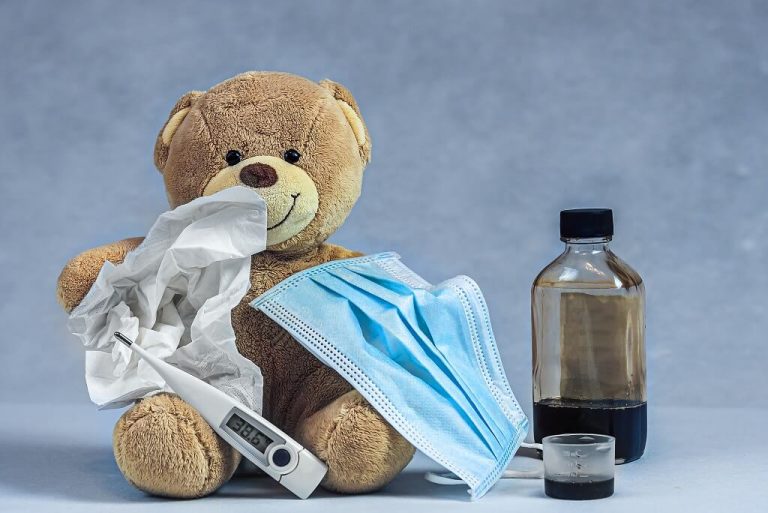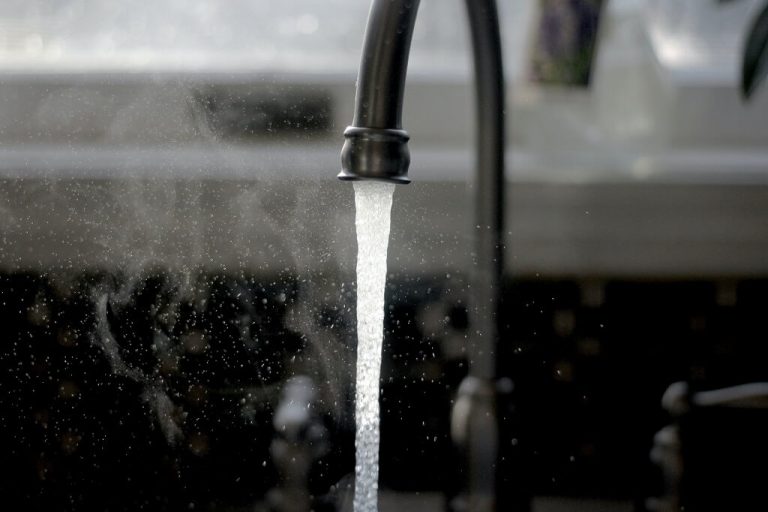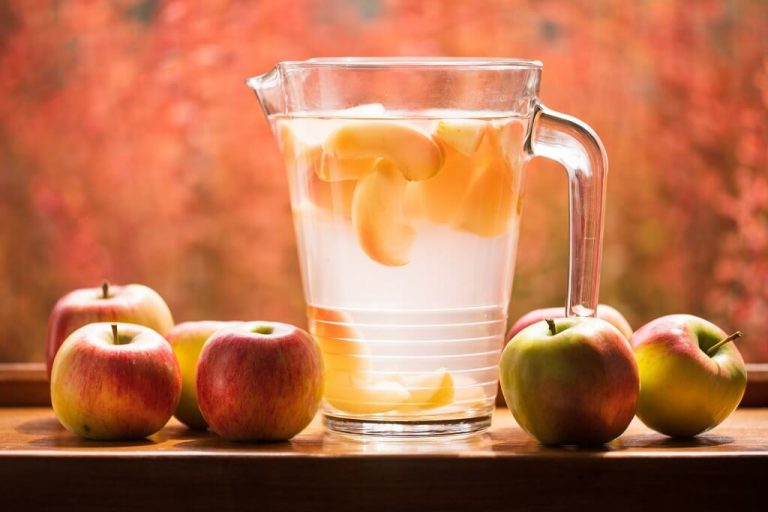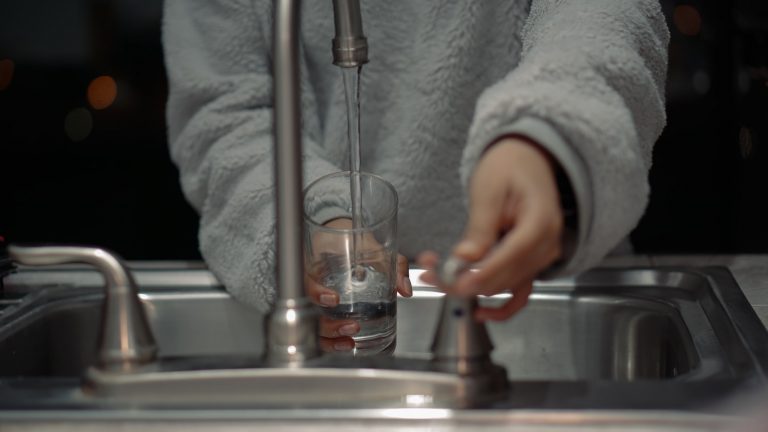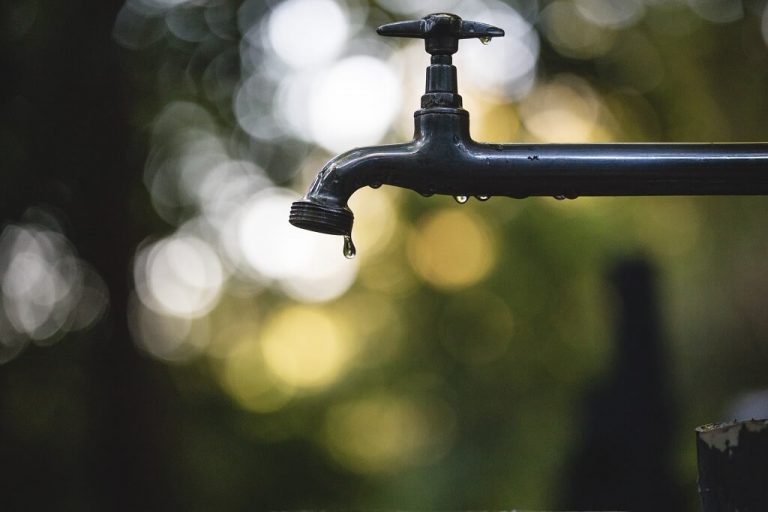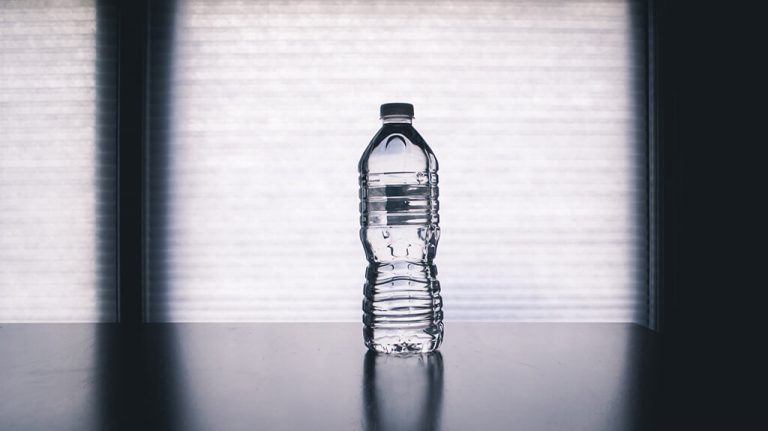The SARS-CoV-2 virus is the causative virus of the COVID-19 disease. Although most people with COVID-19 have mild symptoms, some become severely ill. Furthermore, most people get better within weeks of contracting the disease. However, some experience post-COVID conditions, which include a wide range of new, ongoing, or returning health problems occurring for more than four weeks of getting infected with the causative virus of COVID-19. Studies show that older people and people with underlying medical conditions are more likely to experience severe COVID-19 symptoms. Fortunately, there are safe and effective vaccines against COVID-19. A letter to Washington, DC, the Governors in all 50 states, tribes, and territories contains a request. The request is that state authorities consider water and wastewater workers, manufacturers, and suppliers that provide vital materials and services in the water sector as essential workers and businesses when enacting restrictions for curbing the spread of COVID-19. The…
Most people believe that summertime is the most important time of year to ramp up drinking water. The days are hot, we lose water in our bodies so increasing water intake is very important. What you might not know, drinking water during the winter months is just as important. Please read the following reasons why you should pay attention to your water consumption in the winter. How Much Water Should You Take In? Our need for water does alter due to the temperature and level of activities. As an example, if you are an active athlete, your water intake is going to be higher than someone who is not active. Our water consumption is based on different reasons so please read on. According to the Federal Institute of Medicine, women should take in 2.7 liters of water each day and men 3.7 liters. You might think that during the winter,…
Per and polyfluoroalkyl substances (PFAS) are man-made chemicals used for clothing to furniture since the 1940s. These substances are also used for electronics and food packaging. Industries have used these chemicals due to their repellent properties. Because PFAS were associated with adverse health effects in the early 2000s, they were taken out of production in the United States. Unfortunately, these chemicals were carried throughout the environment and in water supplies. Many of these environmental issues were caused by overseas manufacturing, imported products, and will form a strong bond that can resist degradation. According to the Environmental Working Group, it’s estimated that more than 200 million Americans have PFAS in their drinking water. Read on to learn about PFAS, if your water is contaminated, and how you can remove it from your water. About PFAS PFAS are man-made chemicals created by a mixture of carbon and fluorine forming one of the…
Humans cannot survive without water. Every cell in our body requires water to function as expected. Dehydration causes constipation and the accumulation of toxins in the body. If the body doesn’t get sufficient water, it affects kidney function. On the other hand, Hydration prevents all these, in addition to lubricating the muscles, nourishing the screen, and keeping the body temperature normal. We are all at the risk of dehydration, but the risk is higher in certain people, including infants and young children and people who spend time outdoors. Older adults are also more susceptible to dehydration. The older we get, the smaller our body’s fluid reserve. As a result, the body struggles to conserve water, as indicated by a less acute thirst sense. If such individuals suffer illnesses like dementia or diabetes that require treatment via certain medications, they may suffer even more severe dehydration. Drinking water daily is important.…
A water filter that attaches to kitchen faucets are quite popular for their ability to filter away heavy metals such as lead, in addition to chlorine, and more. However, one issue remains. Faucet water filters are incapable of filtering out bacteria that tends to grow onto the filter cartridge.Water filters that you attach to your faucet are known to be good for filtering out heavy metals like lead and disinfectants like chlorine. But they’re not designed to filter out bacteria that can grow in the filter itself. Faucet Water Filter Buy on Waterdrop As part of a new study, Nancy Love examines bacteria commonly found growing within activated carbon filters. In this journal, titled Environmental Science: Water Research & Technology, Love determines the parameters of how bacterial growth is supported by water filters, especially in the Ann Arbor area. Alongside her team, Love discovered that the different types of bacteria…
Water can dissolve and absorb almost any substance; hence, it is a universal solvent. The total dissolved solids (TDS) level is the number of dissolved particles, whether organic or inorganic, in a particular volume of water. Water quality is dependent on the TDS level. This article discusses total dissolved solids, the measurement, and reducing TDS levels to improve water quality. Kindly read on for more information! What Is TDS? Total dissolved solids (TDS) indicate the level of dissolved organic and inorganic matter in a volume of water; the matter could be metals, salts, minerals, and ions. Generally, TDS is a measure of anything apart from an H2O molecule that dissolves in water. Because water is a universal solvent. It absorbs part of any soluble material it comes in contact with, thus, increasing TDS levels. Familiar sources of TDS in water include natural water springs, municipal water treatment chemicals, road runoffs,…
Your drinking water may be at risk if you’re one of the millions of Americans who get their water from a public tap. Lead pipes are still in use in homes and businesses across the country, more than three decades after they were prohibited. These decades-old pipelines are hidden underground, out of sight and, for the most part, out of mind. However, they are rapidly degrading and may be leaking harmful pollutants into your water supply. According to a 2012 assessment by the American Water Works Association, more than one million miles of these pipelines need to be repaired or replaced. According to some estimates, the US may lose more than $1 trillion as a result of this. We may expect more frequent water main breaks, higher emergency repair costs, and additional water service interruptions if this investment is not made. Even more severe water pollution outbreaks, such as the…
The majority of households across America, and other well developed countries, already enjoy a supply of treated tap water. However, it may come as a surprise to learn that as many as four in ten Americans prefer to utilize some form of water treatment within their home, in order to remove additional contaminants. Because they are easily accessible, and simple to use, faucet filters are a widely used form of water filtration. While they may be easy to buy, and simply to use, they may not be the best option for your family. If you find yourself doubting the effectiveness of your faucet filter, let’s explore a few questions: Are Faucet Filters Effective? Are Faucet Filters Worth the Investment? Should I Purchase an Expensive Unit? Understanding Filtering VS Purifying Water Far too often, people unintentionally compromise their own health by putting less effort toward their drinking sources. Although some individuals…
Bottled water manufacturers’ major marketing point is that the water is “pure” and “sourced naturally,” making it safer than tap water. In essence, they are banking on dissuading people from tap water by making it look suspicious. That worked wonderfully – over 700% increase in bottled water sales was recorded between 1997 and 2005. The per capita bottled water consumption climbed from 16.2 gallons to 42.1 gallons between 1999 and 2017. Interestingly, these significant boosts in sales and consumption came with substantial adverse effects on the environment. There was a corresponding and unprecedented increase in environmental degradation, human rights abuses, and landfill waste. Were the manufacturers right about their claims on the purity of bottled water? No, they weren’t. Scientific studies have confirmed that bottled water is no safer than tap water. According to the EPA, bottled water is still prone to contaminants. However, that does not threaten the health…
The water filter pitcher is one of the most popular filtration options on the market for its accessibility and convenience. Many consumers purchase the water filter pitcher to reduce unpleasant flavors and odors, and wish to improve the water quality. Among all kinds of pitchers with different designs and filtration performances, the ZeroWater filter pitchers stand out for their ability to reduce the TDS (total dissolved solids) to zero. Yet, behind the successful marketing concept, the product receives numerous complaints about its taste and replacement cost. Before making the purchase, let’s take a thorough look at the ZeroWater pitcher. We’ll ask how long does the ZeroWater filter last, and why does the water taste lemony? The unpleasant taste within a very short time Based on many reviews and product comparison reports, the water filtered by ZeroWater tastes better than that of Brita and PUR water filter pitchers. However, consumers complain…

